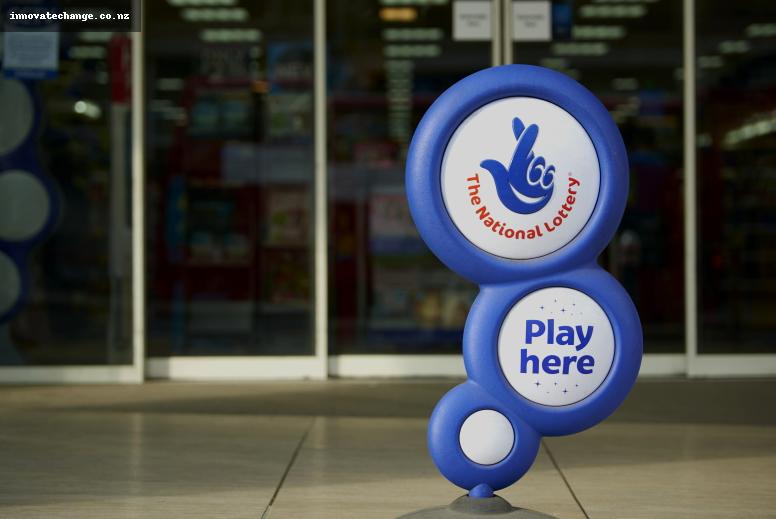Sazka, the leading operator of lotteries in Austria, the Czech Republic, Greece, and Italy, has expressed its excitement at the possibility of operating the UK National Lottery. With a proud 26-year history, the UK National Lottery is considered a national treasure. Sazka is focused on how it can best serve its customers in a rapidly changing world impacted by digital transformation, the fourth industrial revolution, and the novel coronavirus.
In order to replace Camelot as the operator of the UK National Lottery, Sazka is in the process of hiring a team in the UK and establishing the necessary partnerships and relationships. The tender for the lottery set out several changes to operating conditions, including a fixed, ten-year term for the winning bidder and greater flexibility in achieving funding targets for good causes. The contract will also incentivize the operator to meet these targets and require closer relationships with organizations responsible for distributing the National Lottery funds.
Sazka believes its track record in facilitating innovation and the success of established lotteries positions it well to fulfill the tender requirements. The company submitted its completed application to the Gambling Commission within the deadline and is confident that its submission demonstrates its professional track record and technical capabilities.
The tender, initially scheduled for the first half of 2020, was delayed due to the COVID-19 pandemic. Consequently, incumbent operator Camelot received a six-month contract extension. The other potential participants in the tender have yet to confirm their involvement, but announcements are expected soon from the Gambling Commission or the respective companies.
Camelot, the current National Lottery licensee, is expected to compete in the tender. Northern & Shell, the operator of Health Lottery, is also reportedly interested. Sugal & Damani, who competed against Camelot in the previous licensing process in 2009, may also be involved. However, the delays could potentially result in a two-horse race, contrary to the Gambling Commission’s intentions.
